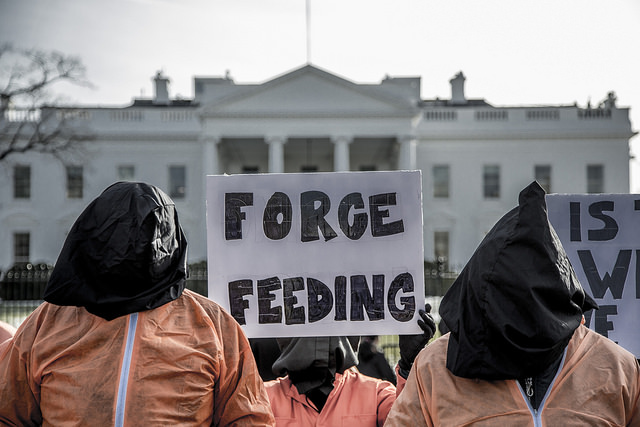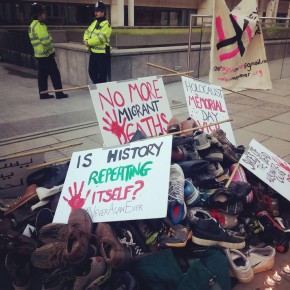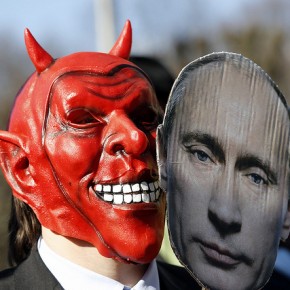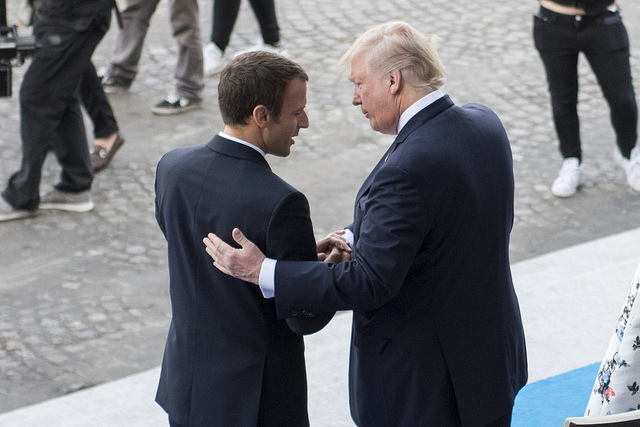But the war goes on; and we will have to bind up for years to come the many, sometimes ineffaceable, wounds that the colonialist onslaught has inflicted on our people. That imperialism which today is fighting against a true liberation of mankind leaves in its wake here and there fissures of decay which we must search out and mercilessly expel from our land and our spirits.
We shall deal here with the problem of mental disorders which arise from the war of national liberation which the Algerian people are carrying on. Perhaps these notes on psychiatry will be found ill-timed and singularly out of place in such a book; but we can do nothing about that. We cannot be held responsible that in this war psychiatric phenomena entailing disorders affecting behaviour and thought have taken on importance where those who carry out the “pacification” are concerned, or that these same disorders are notable among the “pacified” population.
The truth is that colonialism in its essence was already taking on the aspect of a fertile purveyor for psychiatric hospitals. We have since 1954 in various scientific works drawn the attention of both French and international psychiatrists to the difficulties that arise when seeking to “cure” a native properly, that is to say, when seeking to make him thoroughly a part of a social background of the colonial type.
Because it is a systematic negation of the other person and a furious determination to deny the other person all attributes of humanity, colonialism forces the people it dominates to ask themselves the question constantly: “In reality, who am I?” The defensive attitudes created by this violent bringing together of the colonised man and the colonial system form themselves into a structure which then reveals the colonised personality.
This “sensitivity” is easily understood if we simply study and are alive to the number and depth of the injuries inflicted upon a native during a single day spent amidst the colonial regime. It must in any case be remembered that a colonised people is not only simply a dominated people. Under the German occupation the French remained men; under the French occupation, the Germans remained men. In Algeria there is not simply the domination but the decision to the letter not to occupy anything more than the sum total of the land. The Algerians, the veiled women, the palm trees and the camels make up the landscape, the natural background to the human presence of the French.
Hostile nature, obstinate and fundamentally rebellious, is in fact represented in the colonies by the bush, by mosquitoes, natives, and fever, and colonisation is a success when all this indocile nature has finally been tamed. Railways across the bush, the draining of swamps and a native population which is non-existent politically and economically are in fact one and the same thing. In the period of colonisation when it is not contested by armed resistance, when the sum total of harmful nervous stimuli overstep a certain threshold, the defensive attitudes of the natives give way and they then find themselves crowding the mental hospitals.
There is during this calm period of successful colonisation a regular and important mental pathology which is the direct product of oppression. Today the war of national liberation which has been carried on by the Algerian people for the last seven years has become a breeding ground for mental disorders, because as far as the Algerians are concerned it is a total war.
We shall mention here some Algerian cases which have been attended by us and who seem to us to be particularly eloquent. We hardly need to say that we are not concerned with producing a scientific work. […] We must, however, insist on two points.
Firstly, as a general rule, clinical psychiatry classifies the different disturbances shown by our patients under the heading “reactionary psychoses.” In doing this, prominence is given to the event which has given rise to the disorder, although in some cases mention is made of the previous history of the case (the psychological, affective, and biological condition of the patient) and of the type of background from whence he comes. To us, it seems that in the cases here, the events giving rise to the disorder are chiefly the bloodthirsty and pitiless atmosphere, the generalisation of inhuman practices, and the firm impression that people have of being caught up in a veritable Apocalypse. […]
These are reactionary psychoses, if we want to use a ready-made label; but here we must give particular priority to the war: a war which in whole and in part is a colonial war. After the two great world wars, there is no lack of publications on the mental pathology of soldiers taking part in action and civilians who are victims of evacuations and bombardments. The hitherto unemphasised characteristics of certain psychiatric descriptions here given confirm, if confirmation were necessary, that this colonial war is singular even in the pathology that it gives rise to.
Another idea which is strongly held needs in our opinion to be re-examined; this is the notion of the relative harmlessness of these reactionary disorders. It is true that others have described, but always as exceptional cases, certain secondary psychoses, that is to say cases where the whole of the personality is disrupted definitively. It seems to us that here the rule is rather the frequent malignancy of these pathological processes.
These are disorders which persist for months on end, making a mass attack against the ego, and practically always leaving as their sequel a weakness which is almost visible to the naked eye. According to all available evidence, the future of such patients is mortgaged. […]
PART D
Psychosomatic disorders.
A marked increase in mental disorders and the creation of conditions favourable to the development of specific morbid phenomena are not the only consequences of the colonial war in Algeria. Quite apart from the pathology of torture there flourishes in Algeria a pathology of atmosphere, a state which leads medical practitioners to say when confronted with a case which they cannot understand: “This’ll all be cleared up when this damned war is over.”
We propose to group together in this fourth series the illnesses met with among Algerians, some of whom were interned in concentration camps. The main characteristic of these illnesses is that they are of the psychosomatic type. The name “psychosomatic pathology” is given to the general body of organic disorders the development of which is favoured by a conflicting situation.
The name psychosomatic is used because the determinism is psychic in origin. This pathology is considered as a means whereby the organism responds to, in other words adapts itself to, the conflict it is faced with, the disorder being at the same time a symptom and a cure. More precisely, it is generally conceded that the organism (once again we are speaking of the cortico-visceral unity, the psychosomatic unity of former times) resolves the conflict by unsatisfactory, but on the whole economical, means. The organism in fact chooses the lesser evil in order to avoid catastrophe.
On the whole, this pathology is very well known today, although the different therapeutic methods proposed (relaxation and suggestion, for example) seem to us very uncertain. In the Second World War in England during the air raids and in the Soviet Union among the besieged populations of towns, notably in Stalingrad, there was a great increase in reports of the occurrence of such disorders. Today, we know very well that it is not necessary to be wounded by a bullet in order to suffer from the fact of war in body as well as in mind.
Like all other wars, the Algerian war has created its contingent of cortico-visceral illnesses. With the exception of Group G described below, all the disorders met with in Algeria have already been described during the course of “traditional” wars. Group G seems to us to be specific to the colonial war in Algeria. This particular form of pathology (a generalized muscular contraction) had already called forth attention before the revolution began.
But the doctors described it by portraying it as a congenital stigma of the native, an “original” part of his nervous system where, it was stated, it was possible to find the proof of a predominance of the extra-pyramidal system in the native. This contracture is in fact simply the postural accompaniment to the native’s reticence, the expression in muscular form of his rigidity and his refusal with regard to colonial authority.
Excerpt “Colonial War and Mental Disorders” from Frantz Fanon’s Wretched of the Earth (1961). Photograph courtesy of Justin Norman. Published under a Creative Commons License.





